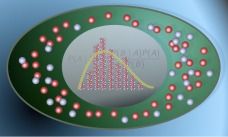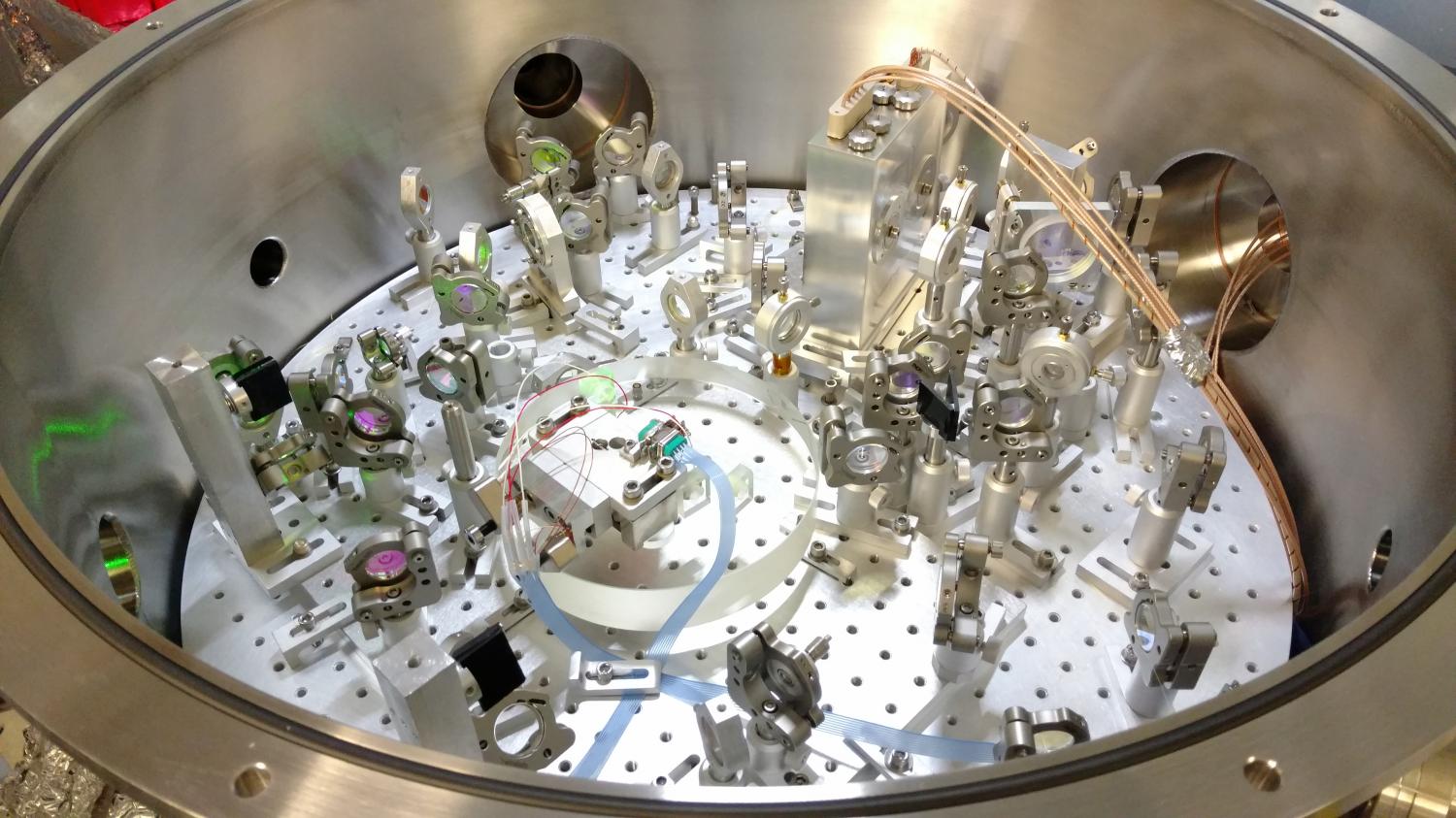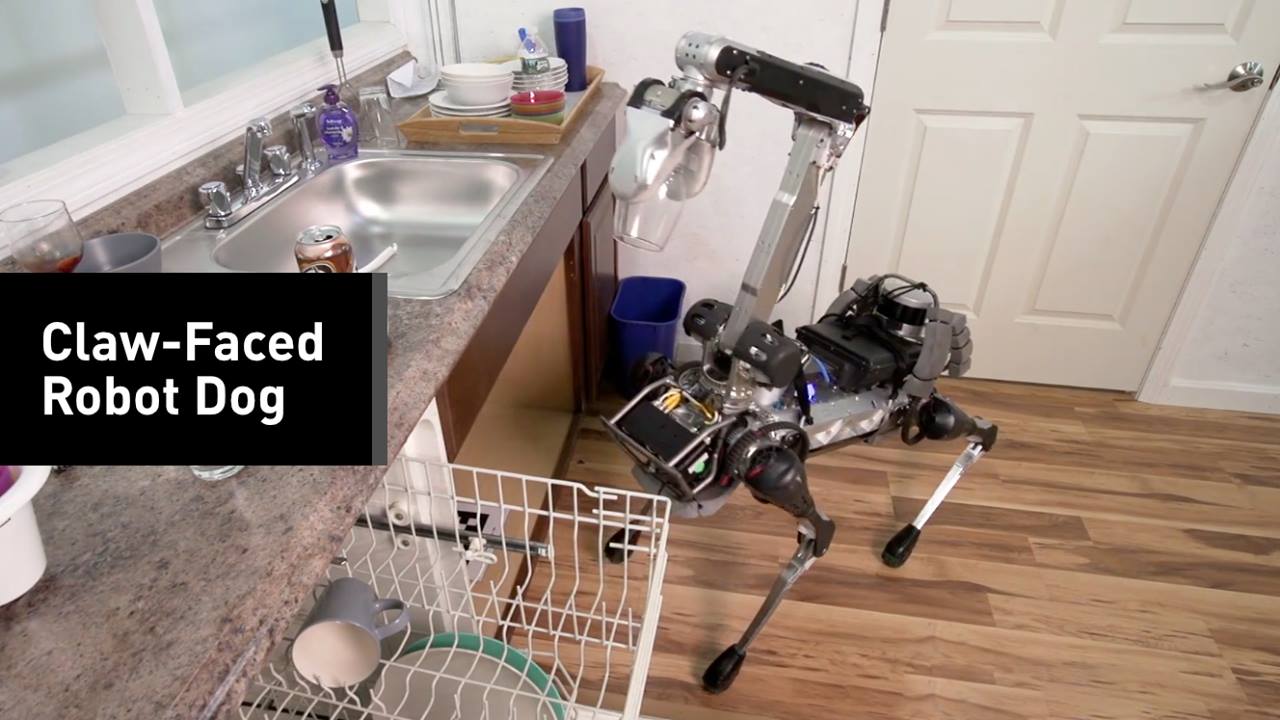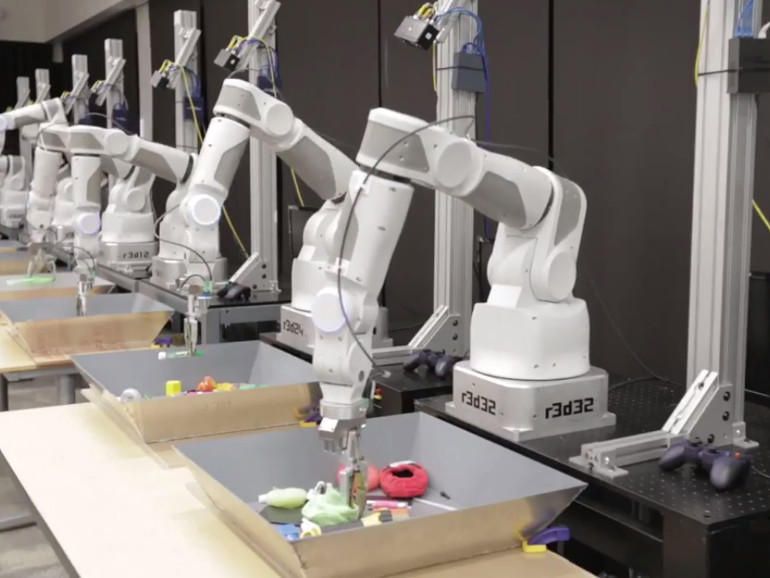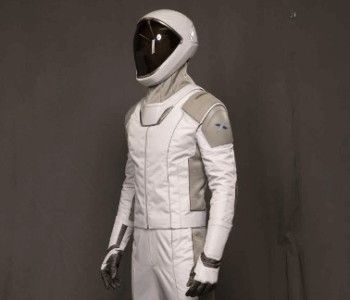Jun 23, 2016
How molecules can do statistics
Posted by Karen Hurst in categories: bioengineering, biological, genetics
Mobile phones have become commonplace. Modern communication devices like mobile phones need to exchange huge amounts of information. However, what is hidden underneath the elegantly shaped plastic casings is quickly forgotten: Complex signal processors constantly fighting against noise and steadily adapting themselves to changing environment.
But noise and changing environmental conditions do not only affect electrical circuits. In synthetic biology scientists are facing similar problems. However, in synthetic biology a methodology to deal with noise does not exist yet. Prof. Mustafa Khammash and Christoph Zechner of the Department of Biosystems Science and Engineering have studied how conventional signal processors can be translated into biochemical processes — built and operated inside living cells.
A major limitation in engineering biological circuits is that host cells — even if they are genetically identical — are never the same. For instance, cell A might be in a different cell-cycle stage or have more ribosomes available than cell B. Therefore, the same synthetic circuit may behave very differently in each of these two cells. In extreme cases, only a small fraction of cells might show the correct behavior, while the remaining cells act unpredictably. This is referred to as context-dependency.
